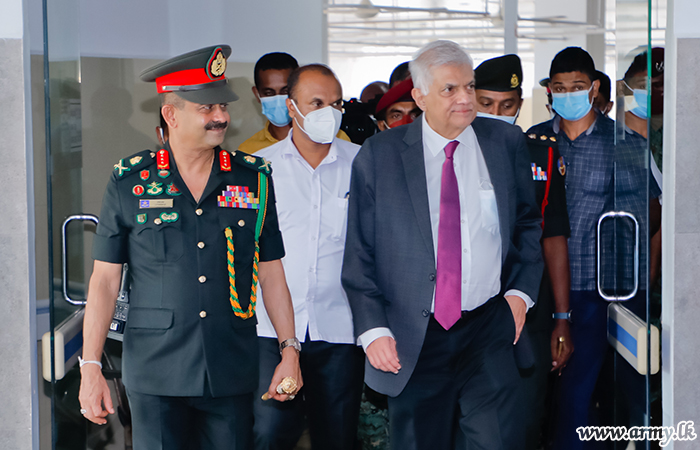
The International Federation of Journalists (IFJ) and its Sri Lankan affiliates have urged the government to reconsider its Online Safety Bill due to growing concerns over its impact on freedom of expression.
The bill, which was officially introduced through the government's gazette on 18 September, establishes an Online Safety Commission with powers to define, regulate, and prosecute 'false statements' made online. The commission, comprised of five members appointed and dismissed directly by the President, has the authority to order internet service providers to remove or restrict access to content it deems 'false' or 'prohibited.' It can also investigate and prosecute violators, potentially leading to imprisonment or substantial fines.
Critics argue that while the bill aims to regulate online content and enhance user safety, it could undermine constitutional human rights protections. Concerns are raised about the bill's vague language, disproportionate punishments, and the possibility of journalists and media workers facing prosecution for making false statements. News outlets could even be designated as 'prohibited sites' and shut down.
Sri Lankan police in the past have targeted Tamil youth for “LTTE social media posts” as well Muslims for criticism of the Sri Lankan military.
On October 3, the Sri Lanka Working Journalists Association (SLWJA) filed a petition with Sri Lanka's Supreme Court, expressing concerns that the bill poses risks to constitutional rights, including press freedom and freedom of expression. They contend that the bill's broad powers may infringe on these fundamental rights.
This is not the first time Sri Lanka's legislative efforts have drawn international criticism. In April, the proposed Anti-Terrorism Act (ATA) was condemned by the International Federation of Journalists (IFJ) and other human rights organizations for its potential threat to freedoms of expression, assembly, and the press.
Various media organizations and rights groups have spoken out against the Online Safety Bill. The Free Media Movement (FMM) called on the government to reconsider and withdraw the bill, emphasizing the importance of preserving freedom of speech and expression. The Federation of Media Employees' Trade Unions (FMETU) condemned the bill, believing it is designed to control social media, which they see as a growing social power.
The IFJ strongly criticized the bill, highlighting that it would violate Sri Lanka's constitutional commitments to fundamental human rights. The IFJ urged Sri Lankan authorities to withdraw the proposed bill.
Read more here.
